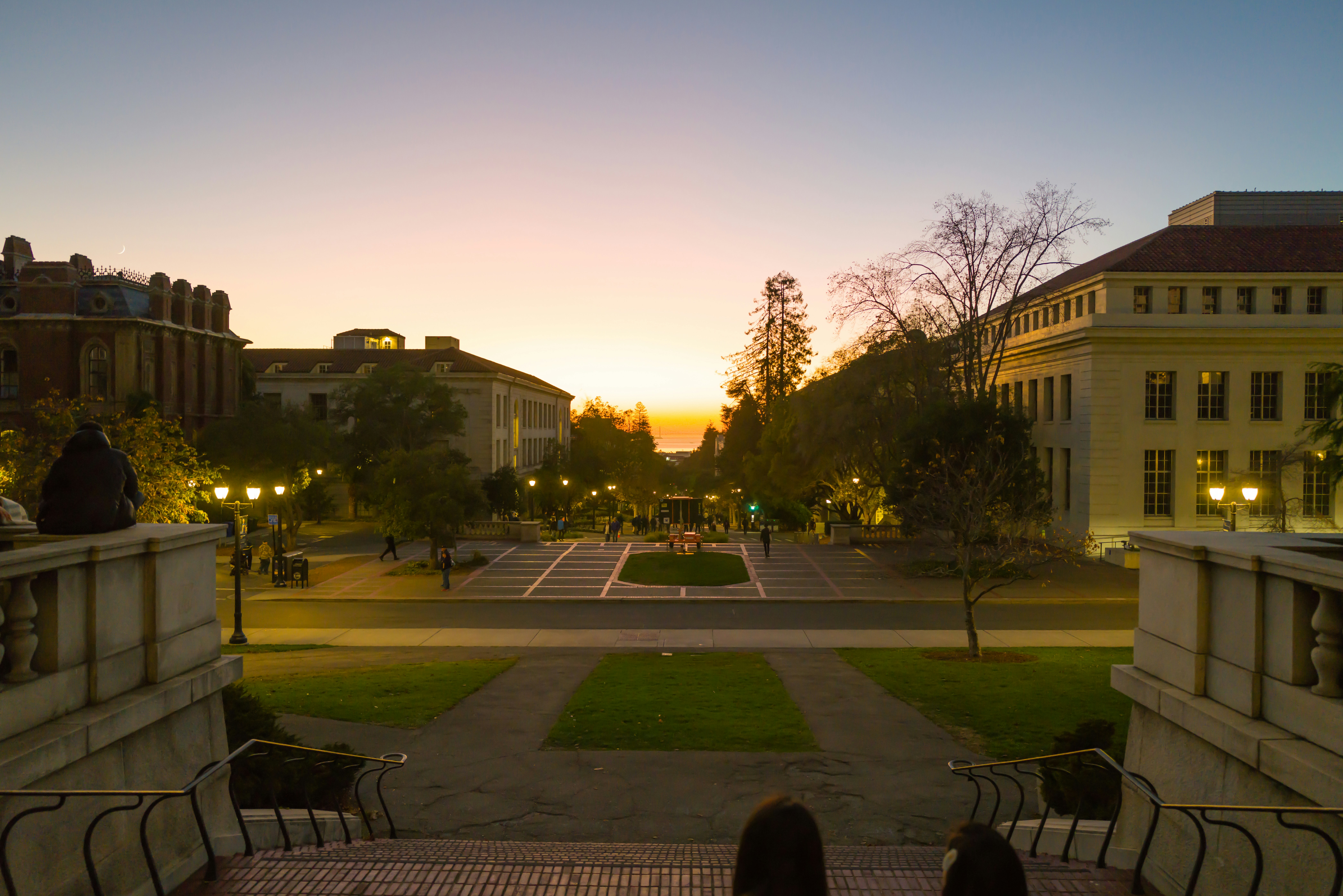The U.S. State Department has introduced a controversial new requirement for all foreign nationals applying for student or exchange visas. As of last week, F, M, and J nonimmigrant visa applicants must set their social media profiles to “public” before submitting their applications. This change forces international students to give full access to their digital lives as part of the visa vetting process.
According to the State Department, this policy strengthens national security. Officials say, “every visa adjudication is a national security decision,” and that open social media profiles will help screen for potential threats. But the move has sparked backlash. Many students feel their privacy is being violated and are deleting their posts or entire accounts to avoid scrutiny.
This policy expands on older procedures that began during the Obama administration. Initially, social media disclosure was voluntary. Under the Trump administration, it became mandatory to list social media handles on official documents. However, applicants could still keep their accounts private. Now, privacy settings must be changed so consular officers can view posts without restriction.
How The New US Visa Rule Works
The push for increased social media screening dates back to the 2015 San Bernardino terrorist attack, after which officials learned one of the attackers had expressed support for violence in private social media posts. So now, visa officers will scan applicants’ accounts for signs of hostility toward U.S. citizens, institutions, or founding principles.
They’ll also look for support of terrorism or antisemitic content. In May, student visa processing was temporarily paused to finalize the new vetting procedures. The updated system is now in effect. In response, international students are scrambling to sanitize their online presence. In South Korea, students are hiring “digital undertakers” to erase questionable posts. Indian students are mass-deleting content from their timelines.
With this new rule in place, prospective students face a tough decision: expose their digital lives, delete them, or study in countries with less invasive requirements.





